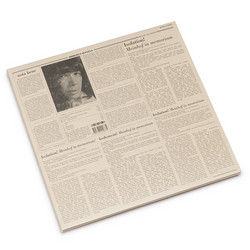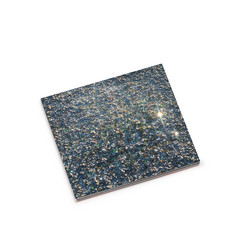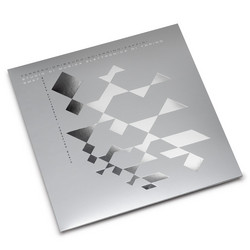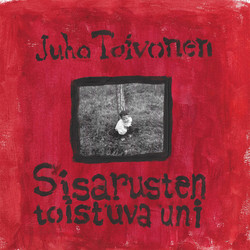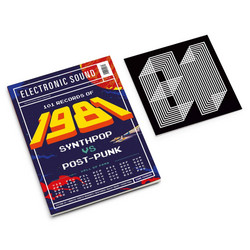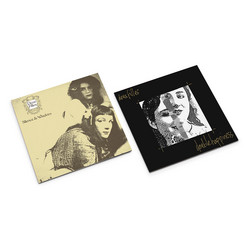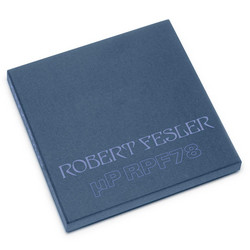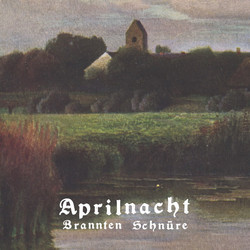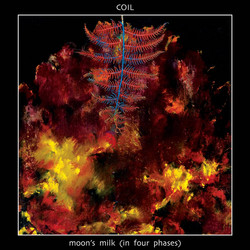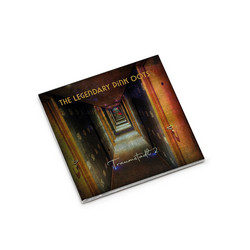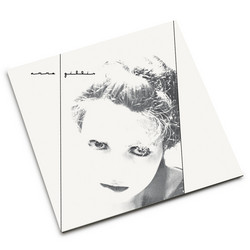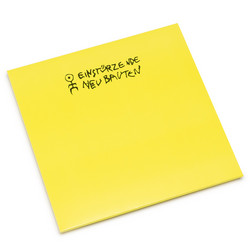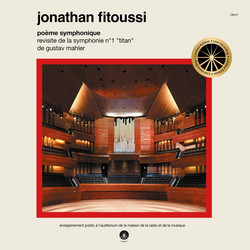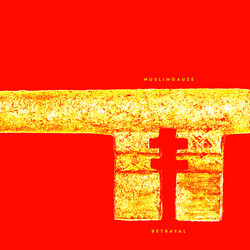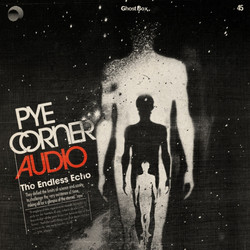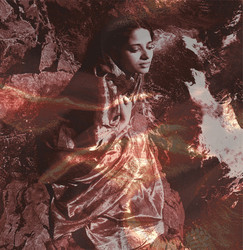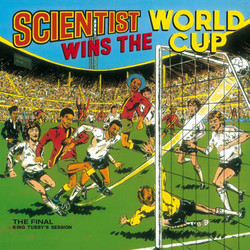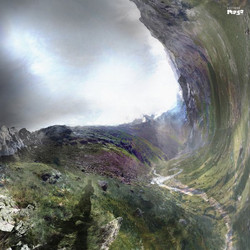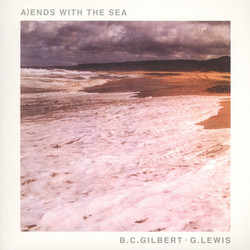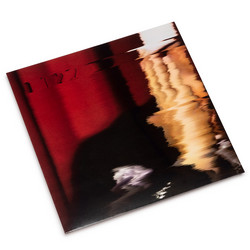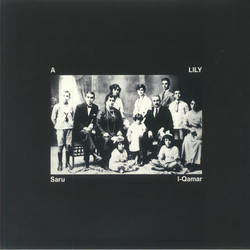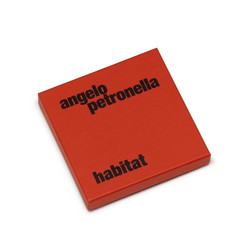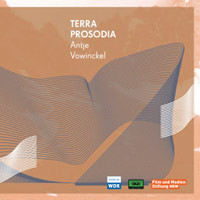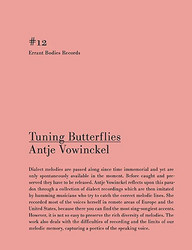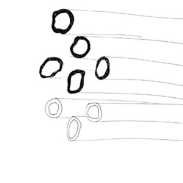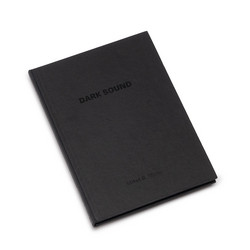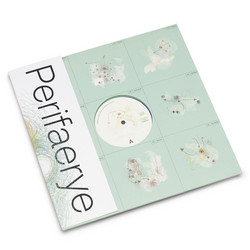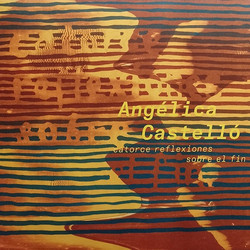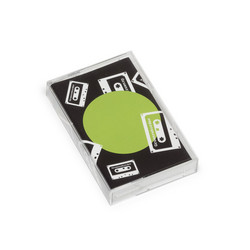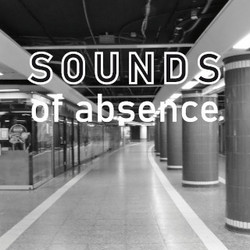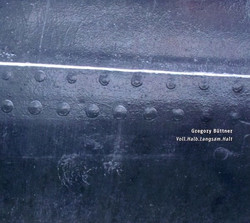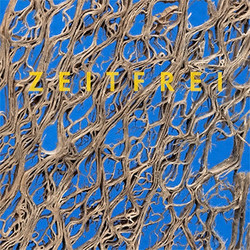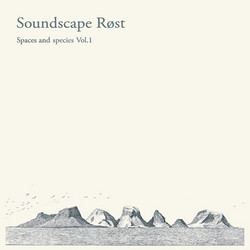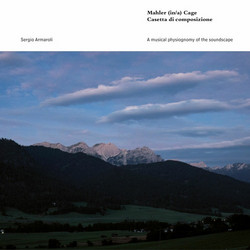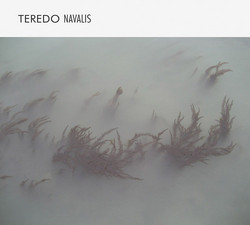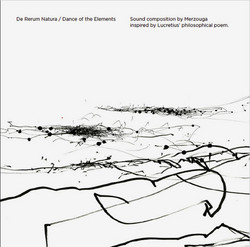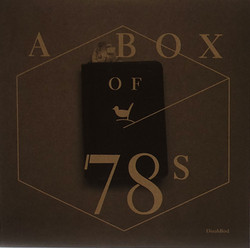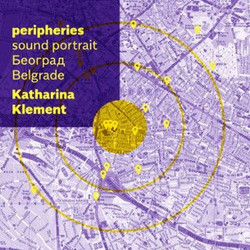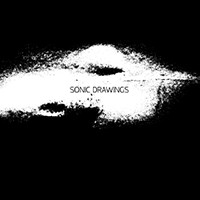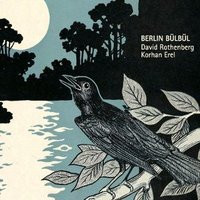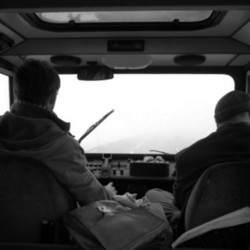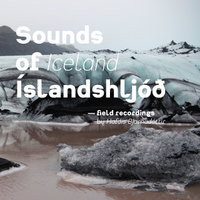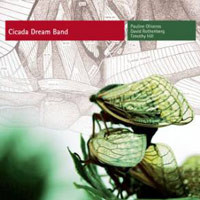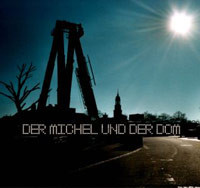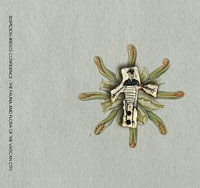Antje Vowinckel
Terra Prosodia
- Currently about 6000 languages are spoken on the world. Most of them will disappear soon – and together with them a meldodic richness of human expressivness. However, the fact, that dialects and disappearing languages are only spoken by a few people has one advantage: only if one does not understand the contents it is possible to really listen tot he sound, saying far away from their homeland these languages unfold their musical enchantment (charme?). What you find are melodies that nobody invented (conceived of?). They arise in the process of impulsive speaking, on the grounds of oral tradition. Landscapes seem to continue there with melodic heights and valleys. Often single sentences remain in our heads as catchy tunes.
In Terra Prosodia people tell a short spontanuous story based on a personal experience. Stories about storms, excursions, accidents and so on. Particularly speakers who have spent their lifes in remote valleys or islands often speak with much more distinct modulation. This expressiveness gets lost quickly one cou live in a big city. In the compositions the contents of these stories do not matter any longer. The pieces focus on the melodies in the dialects and add second instrumental or humed melodic voice. By this also the melody of the speaking voice is underlined. In the beginning the second voice will imitate the speaking voice, later becomes indpendent and follows own directions. As soon as the focus of perception is on the melody, you can listen to both lines as independent voices. During my work I found out, that an even more exact decoding and mapping oft he intervalls (which would be possible technically) on no account lead to better results. Quite the contraray the effect of a catchy tune that occurs when you remember the melodies is based on the fact the our brain is already during hearing looking for characteristic figures and intervalls. Our ear behaves like the eye in a stalagtite cave. In a vast array of stalagtites and stalagmites we always remember nothing then typical single shapes. „Look, that looks like….“. Only this mechanism allows us to remember something of huge amount of shapes. -
(Antje Vowinckel, translation: Chris Heenan)
